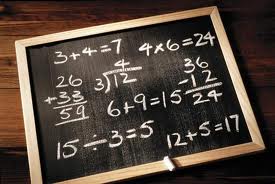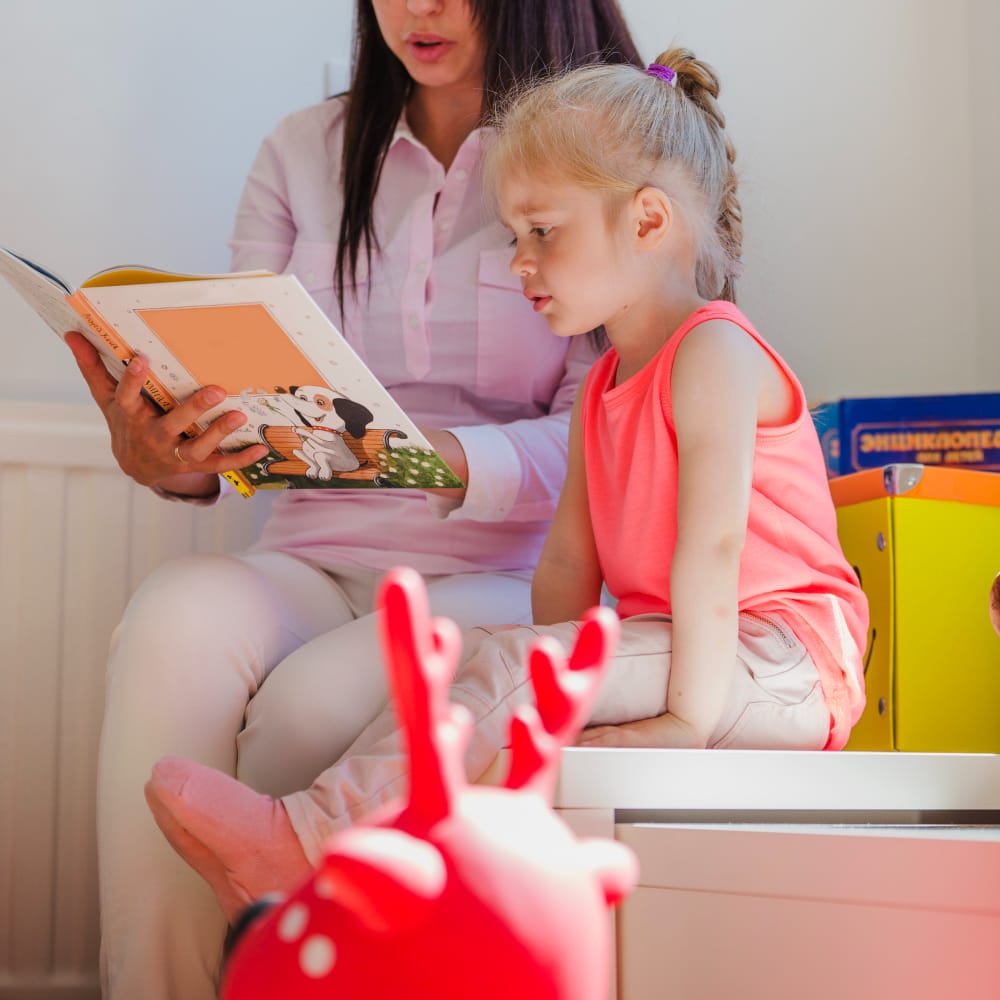Unfortunately many kids dislike math. It’s almost become a mental block and this is not helped by parents who happily claim, “Oh, I was no good at maths either”. The funny thing is, most young children enjoy learning to count as they enjoy the rhythm and the precision involved. And it’s really quite easy for parents to help their children develop an interest or even a love for maths from an early age so they feel more confident when they tackle tasks in school. Here is a list of some maths games for kids:
- Allow the children to have concrete aids to assist with counting, such as, timetable or number sheets, abacus’s, beads, etc.
- Encourage the child to highlight or identify the key elements of a maths question for example the sign in addition or subtraction sums
- Play Battleships, Bingo, Dominoes, Ten Pin Bowling, Snakes and Ladders, Darts, Monopoly and Sudoku
- Get your child involved in the shopping – what is cheaper? Two 125g boxes of cereal at R25 each or one big 250g box for R46.
- Pretend to buy things at home and help your child to make change for the items bought
- Books, such as the Guinness Book of Records, are great for showing how useful numbers are (and it’s a great read too!)
- Involve your child in cooking and baking in order to follow recipes and measures amounts of food; get them to double the recipe or half it
- Encourage your child to guess the weight of an item and you can see whatever is available in your house-apples, a squash, a hammer, nails, and paintbrushes. Each player guesses the weight of an object and tells the others what she has guessed, you can then weigh the item to see how accurate the guess was. This could also be done guessing the length, height and breadth of objects, as well.
- Create and solve word problems based on what is going on around you. Here is an example based on simple observation: “One car is carrying two people. Another car is carrying three people. How many people are there altogether?” A more complex problem might involve money: what coins can be used to make up fifty cents?
- Your child must roll two dice and add up the numbers, with the aim of being the first one to reach a pre-determined number, without rolling “snake eyes” (two 1s). Any player rolling snake eyes is wiped out and eliminated from that round of play.
- Create and solve problems from information found on boxes or cans of packaged foods in your home. Each player chooses a box or a can and uses the numbers on it to create a math problem: “If one serving of cereal contains 24 grams, and 6 of these grams are protein, and 4 are carbohydrates, how many grams are left for the other nutrients?”
- Play blackjack (also called “21”) with cards (just don’t involve the betting side!!); alternatively many card games are useful for developing good numerical skills
- Think of a number and the others must try to identify the number by asking yes/no questions-for example, “Is it an even number? Is it greater than 5?” Players may guess the secret number after all have asked one question. If a player’s guess is incorrect, the next player may ask one question and then guess. Play continues until someone guesses the secret number. The winner is the one who guesses the opponent’s number first.




